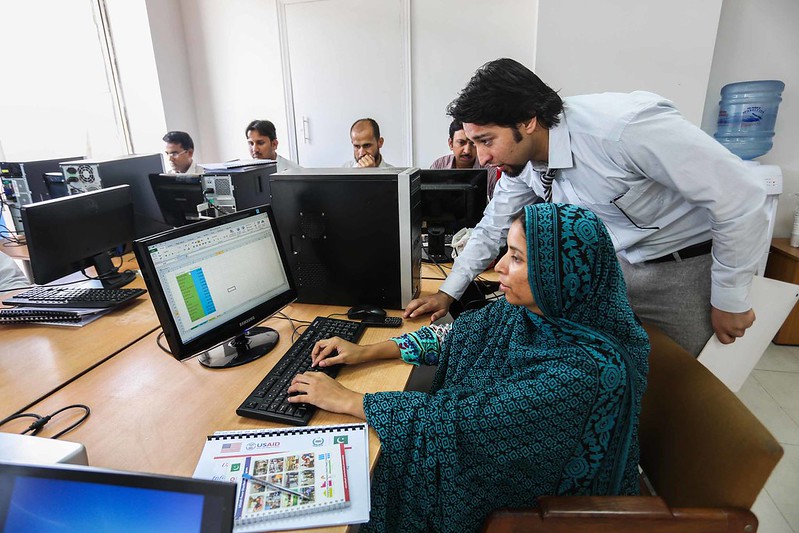Financial inclusion is a key development focus in Turkey’s agenda for the G-20 summit beginning this weekend (November 15). I am pleased to note that the international community’s efforts to broaden financial inclusion have continued to gain momentum since the 2010 G-20 Summit in Seoul, where the leaders of G-20 endorsed the Financial Inclusion Action Plan. The plan was built on the G-20 Principles for Innovative Financial Inclusion, which reinforced earlier recommendations in a 2009 report by CGD, Policy Principles for Expanding Financial Access.
The G-20’s focus on improving financial inclusion is well-justified, since many obstacles still prevent the poor from benefiting from financial services ranging from payments and transfers to credit and insurance. Recent figures by World Bank’s Data Book on Financial Inclusion show that on average only 27.5 percent of adults in low-income countries have an account in a formal financial institution. The comparable figure for high-income countries is 90.6 percent.
The digital revolution of the past few decades has enormous potential to narrow the gap in financial inclusion between low-income and high-income countries. In particular, the private sector is playing a lead role in leveraging technology to enhance inclusion in cost-effective and reliable ways. The success of mobile money through Kenya’s M-Pesa is one example; other countries are adopting similar approaches.
Addressing regulatory deficiencies can boost the development of new financial products and delivery channels. In fact, the high costs of remittance transfers, as identified in the G-20 priorities for 2015, can partly be attributed to burdensome regulations. For example, Know-Your-Customer (KYC) costs are a significant proportion of regulatory compliance expenditures faced by financial institutions, including those handling remittance transfers. Here at CGD, we remain aware of the important role of regulation in encouraging new players to find innovative solutions to financial exclusion. To that end, an upcoming report by the CGD Task Force on Regulatory Standards for Financial Inclusion, to be launched early next year, will present regulatory recommendations to expand financial inclusion in the digital age.
In the upcoming G-20 summit, my hope is to see a greater focus on the role of regulation in unleashing the potential of digital means to broaden financial inclusion. Lastly, in line with the Turkish Prime Minister Ahmet Davutoğlu’s emphasis on implementation in the G-20 agenda, I would like to see the international community’s commitment to financial inclusion translate into concrete policy actions.
CGD blog posts reflect the views of the authors, drawing on prior research and experience in their areas of expertise.
CGD is a nonpartisan, independent organization and does not take institutional positions.





